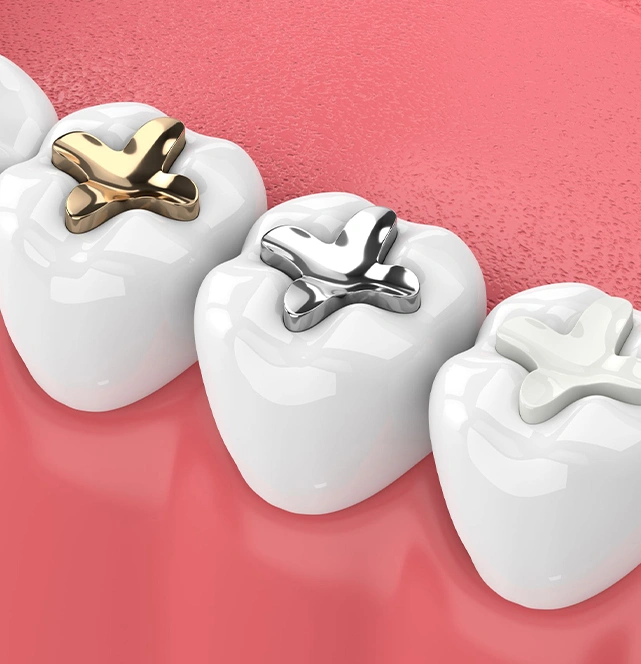
Caring for Your Smile After Cosmetic Dental Reconstruction
Dental caries and minor fractures can result in tooth defects that worsen over time if left untreated. Although metal restorations were previously employed, they had the potential to discolor and strain teeth due to their wedging impact. However, contemporary tooth-colored composites provide an exceptional alternative for addressing such defects. Composites, which blend exceptionally well into natural tooth structure, may be placed in thinner layers than metal, resulting in the preservation of more natural tooth material.
Composites perform both functional and cosmetic roles, frequently at the same time. For instance, a decay that has penetrated the front of a tooth along the gum line might be visible in your smile. By carefully cleaning away the soft, discolored portion of the tooth, the decay is prevented from destroying healthy mineral surfaces. When a composite matching the tooth’s color is shaped into place, it appears better than ever.
Composites include a combination of liquid resin infused with finely ground glass particles. Following the molding of the conditioned tooth structure, blue light applied directly to the composite causes it to solidify within seconds. The result is a restoration that is invisible, strong, smooth, and conservative, with a high gloss that reflects the natural enamel’s beauty. Contact our dental practice in Buda for high-quality composite fillings.
What Are Composite Fillings?
Benefits of Composite Fillings
Aesthetic Appeal: These tooth-colored fillings blend seamlessly with your natural teeth, providing a discreet and attractive appearance.
Strong Bonding: Composite fillings bond directly to the tooth structure, enhancing its strength and minimizing the risk of further damage.
Minimal Drilling: Less tooth structure is removed compared to traditional metal fillings, helping to preserve more of your natural tooth.
Versatility: Suitable for both front and back teeth, composite fillings effectively repair cavities, chips, and cracks.
Temperature Resistance: They provide excellent insulation against temperature changes, reducing sensitivity to hot and cold foods and drinks.